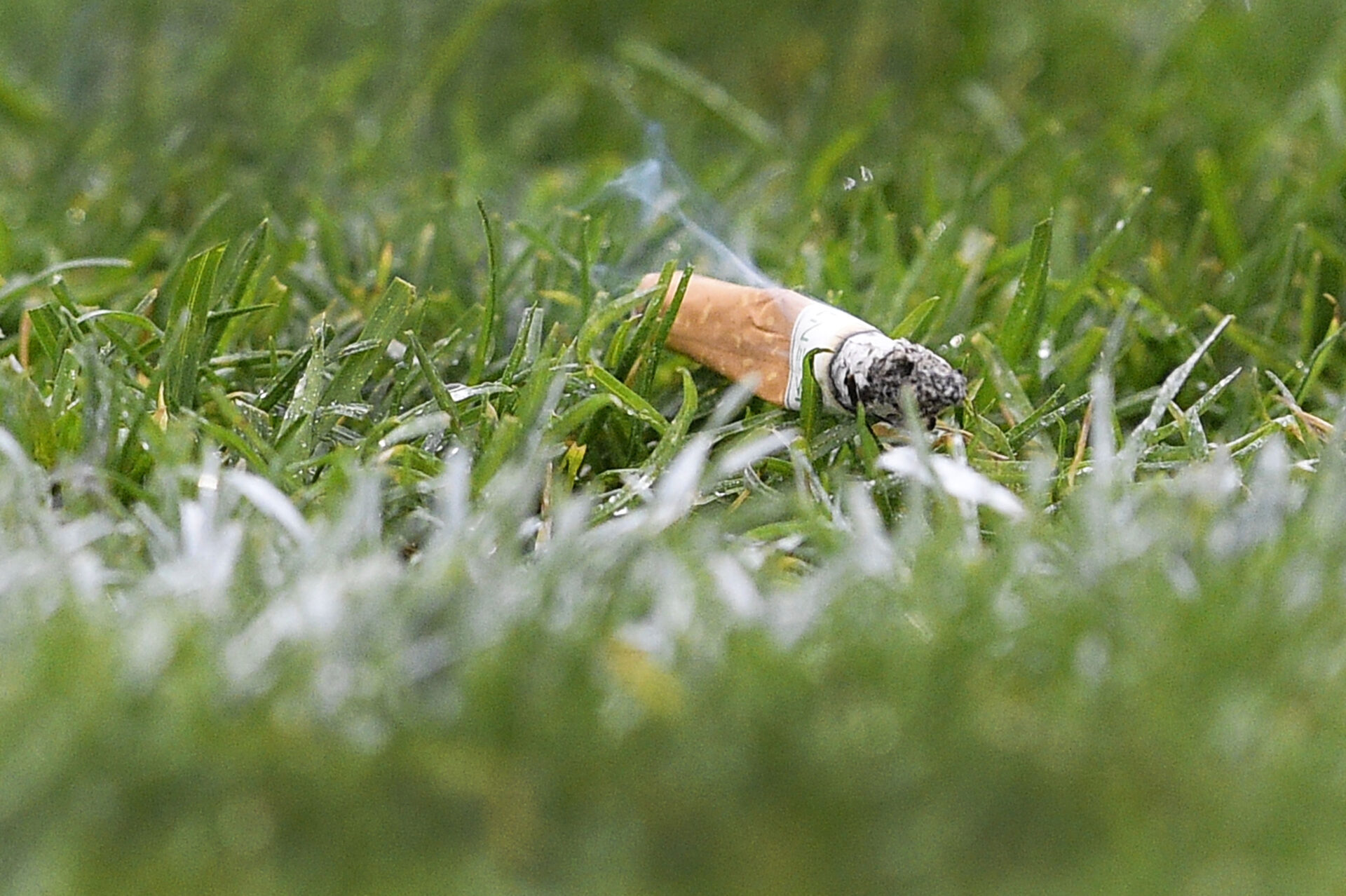Smoking tobacco still kills around two people an hour prematurely in Belgium, despite advances in medicine and a slight decline in the number of smokers. The habit also costs Belgium billions of euros.
Earlier research by the public health institute Sciensano estimated that smoking resulted in around 9,000 deaths every year in Belgium – equivalent to one death every hour. But in his latest book, cancer expert Filip Lardon (UAntwerpen) says this figure is likely an underestimate.
"Sometimes there are diseases that you cannot attribute with 100% certainty to smoking, although the probability is very high," he said.
"Then I started looking at the figures across the Benelux [Belgium, the Netherlands and Luxembourg] and arrived at the figure of two deaths per hour in Belgium alone." This amounts to 15,000 deaths per year.
Financial and environmental cost
The major health problems caused by smoking tobacco also come with an enormous price tag. "In Belgium, this figure comes to €11 billion a year," Lardon warns. He added that all taxpayers contribute to that bill.
While tobacco-related deaths and the huge health costs are the most prominent problems, cigarettes also pose risks to the environment. "One cigarette can pollute as much as 1,000 litres of groundwater," Lardon said.
"Smokers who carelessly throw away a cigarette butt think that that one cigarette will not harm. But every year 500 million tonnes of cigarette butts end up in nature this way." Collecting and processing this waste and mitigating the damage also burns a hole in the public purse.

A cigarette butt on a football field. Credit: Belga/ Yorick Jansens
A smoke-free world
Several governments have ambitions to drastically reduce tobacco use by 2040. As part of the "Generation Smoke-free" plan, Belgium's Federal Government has introduced a series of measures, such as curtailing tobacco companies' sales and banning smoking train stations, including on outdoor platforms and places around children. The long-term aim is for no young person to start using tobacco.
However, while smoking in Belgium is decreasing each year, Sciensano's 2023 projections show that this evolution alone will not ensure Belgium achieves its goals and today one in five people still smoke.
Related News
- 'Enough is enough': Health groups urge EU to implement tobacco policies
- Girls smoke as much as boys for the first time, survey shows
Lardon argued that this is partly due to the smoking ban on under-18s not being enforced. "In our country, 50 children and young people still start smoking, electronically or otherwise, every day," he said, arguing that vaping is often a first step towards tobacco smoking.
He therefore calls for an effective ban on smoking for everyone born after 1 January 2009, even when these people become adults. "This is what the British want and I would also introduce such a measure in Belgium," Lardon said. He believes this is the only way smoking can be completely banned in the long term, and to achieve zero tobacco deaths per hour.

